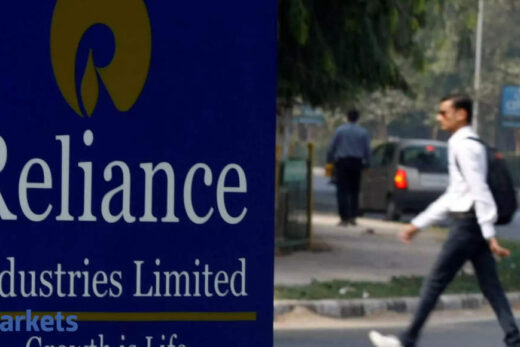“O2C’s goal is to maximise crude to chemicals conversion and create a sustainable growth business. The scheme received an overwhelming support from our shareholders and creditors,” the company said.
In April,
said that its shareholders and creditors had approved the hiving off of the oil-to-chemical business into a separate subsidiary. RIL had rolled out a plan to demerge the business through a slump sale of assets into a separate entity, which will open the path for the company to monetise the business.
RIL is courting Saudi Aramco to buy a minority stake in the oil-to-chemical business, talks for which are still going on. In 2019, RIL’s Chairman Mukesh Ambani had told shareholders that Saudi Aramco will pick up a stake in the business at an enterprise valuation of $75 billion.
However, the onset of the Covid-19 pandemic derailed those plans temporarily as the crash in global crude oil prices forced Aramco to cut back on investments.
The recent resurgence in global crude oil prices, which are now hovering near the $70 per barrel mark, has resuscitated Aramco’s interest in the oil-to-chemical business, according to media reports.
Jefferies had said in March that if global crude oil prices stay above $65 per barrel, Aramco could revive its interest in purchasing a minority stake in RIL’s oil-to-chemical business. “An investment in RIL’s O2C subsidiary could give Aramco a similar footprint – a stake in India’s largest O2C project with a long-term crude supply agreement and a participation in fuel retailing via the RIL-BP joint venture,” the brokerage had said.
Reliance Industries shares had ended 1.8 per cent higher at Rs 2,207 on NSE earlier on Wednesday.



